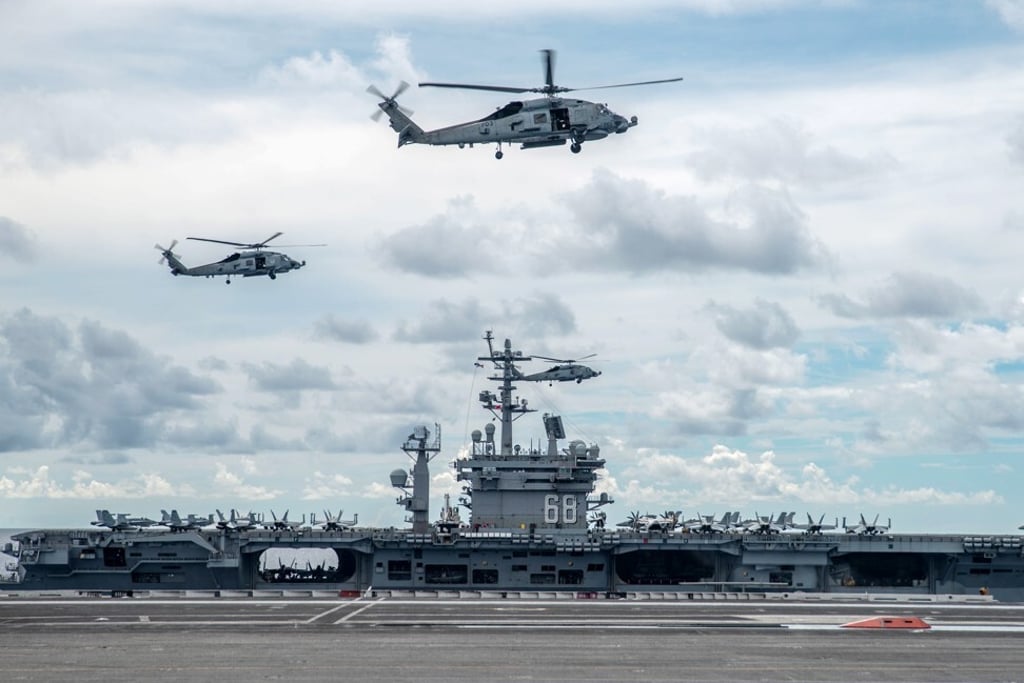Advertisement
Opinion | To help defuse US-China tensions, Asian states must agree on America’s role in region
- From Washington’s end, the rivalry is driven by unrealistic assumptions about its future role in Asia
- To balance China, leading Asian countries should have a frank discussion about Washington’s role in Asia and convey their views plainly to the US
Reading Time:4 minutes
Why you can trust SCMP

In Asia, an old threat to peace is returning. For many decades, it has seemed almost unthinkable that the region’s major powers could again engage in a full-scale war, as they did 75 years ago.
Today, the United States and China confront each other as bitter rivals. Each seeks strategic dominance in East Asia in the “Asian century”: the US wants to retain the primacy it has exercised for over 100 years, and China wants to take its place.
The stakes are high. Neither side seeks war – in fact, both are keen to avoid it – but each seems to assume it can get what it wants without a conflict. Both are increasingly engaging in military posturing in a bid to convince the other to withdraw from the contest.
Advertisement
The dangers of this situation are acute. A minor clash in somewhere like the South China Sea or the Taiwan Strait could happen at any time, and escalate into a full-scale regional war, and even a nuclear war.
Advertisement
And once the fighting starts, neither side is likely to show restraint.
Advertisement
Select Voice
Select Speed
1.00x

